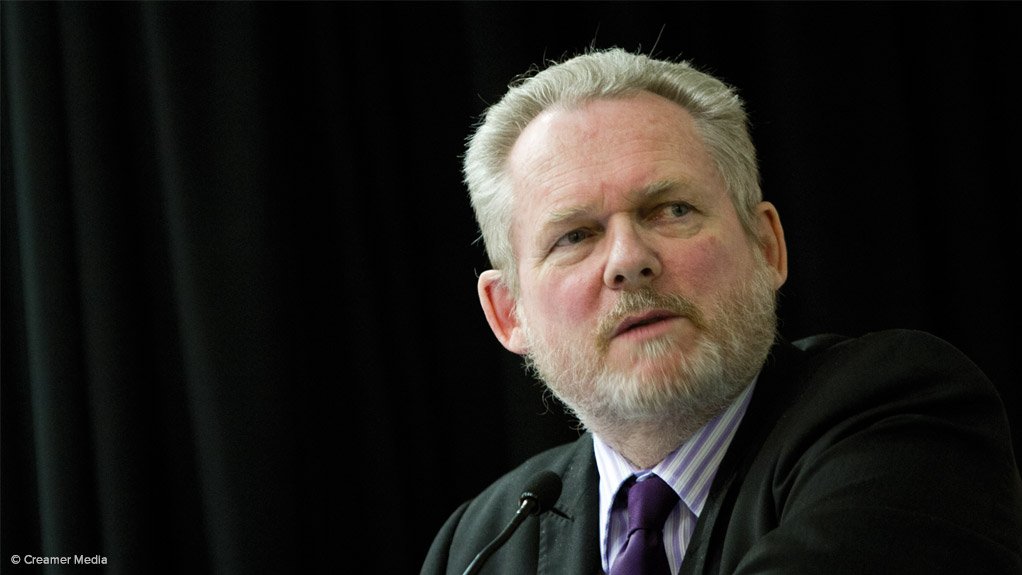Trade and Industry Minister Dr Rob Davies says the formal negotiating process with the European Union (EU) relating to a proposed Economic Partnership Agreement (EPA) with the Southern African Development Community (SADC) group is nearing an end. However, he would not be drawn on whether South Africa would sign the agreement by the October 1, 2014, deadline set by the European Parliament.
The SADC group includes Angola, Botswana, Lesotho, Mozambique, Namibia, Swaziland and South Africa, with the other members of the larger SADC bloc participating in alternative regional negotiations.
The EU initiated the EPA talks with 78 African, Caribbean and Pacific States a number of years ago in a bid to replace nonreciprocal market-access arrangements with reciprocal regional free-trade agreements.
South Africa, however, had never enjoyed duty-free, quota-free access, with its post-apartheid trade relations with the EU governed by the Trade, Development and Cooperation Agreement (TDCA), which was concluded in 1999. Most of the other Southern African Customs Union members, Botswana, Lesotho, Namibia and Swaziland, have also aligned their import regime to the TDCA.
Nevertheless, South Africa opted to enter the EPA negotiations in a bid, Davies explained in an interview with Engineering News Online, to seek improvements in the TDCA and to further harmonise trade relations within the region.
He reported that one further technical working group meeting was planned to clean up the agreement, after which South Africa and the other members of the SADC-EPA group would need to make an assessment as to whether or not to sign. The middle-income members of the SADC-EPA bloc run the risk of having their market access into the EU downgraded should there be no deal by October 1.
“In the case of South Africa, we find ourselves in a slightly difficult situation as we are between administrations,” Davies explained, adding that any assessment would need to be taken to the post-election Cabinet.
Some market-access concessions had been made by the EU, particularly in the area of agriculture – under the TDCA, only 60% of South Africa’s agricultural products were covered by preferential arrangements.
“There’s some improvement, but is it anything to get excited about? No,” Davies said, noting that the key concessions had been in the areas of sugar, wine and processed fruit.
South Africa had also made a key allowance on the issue of geographic indicators (GIs) for European alcohols and some foodstuffs, such as cheeses and meats. In return, the country sought safeguards for some of its own GIs, namely Rooibos, Honeybush and Karoo Lamb.
“It was quite a big concession, because they have many more GIs than we do.”
In its assessment, South Africa would weigh up the opportunities and possible consequences of either signing, or seeking further negotiations beyond October 1. “But I can’t say to you what our assessment is going to be because we haven’t had a collective assessment in Cabinet.”
As part of the assessment, South Africa would also consider what signing the EPA could mean for further African integration, given that there are also EPA talks under way with regional blocs in West, East and Central Africa.
Davies indicated that South Africa was keen to improve its trade performance with the EU, which remained the country’s largest trading partner as a bloc.
South Africa’s exports to the EU had not recovered from the economic crisis, with exports to the EU having been €22-billion in 2008 and only €20-billion in 2012. By contrast, EU imports to South Africa increased to €25-billion in 2012, from €22-billion in 2008.
“On top of that, many of the market-access issues are moving from tariffs to sanitary and phytosanitary barriers, as can be seen with developments around the citrus black citrus. So the value of a tariff concession is still there, but it is less than was the case a few years ago.”
Following the recent Africa-EU Summit, EU head of delegation to South Africa Ambassador Roeland van de Geer argued strongly for a successful conclusion of the EPA negotiations.
Van de Geer argued that conclusion of a deal would help send a signal that trade and investment relations between the EU and South Africa remained stable, notwithstanding disagreements over the nonrenewal of the bilateral investment treaties and rising concern about the investment climate in Africa’s most developed economy.
EMAIL THIS ARTICLE SAVE THIS ARTICLE
To subscribe email subscriptions@creamermedia.co.za or click here
To advertise email advertising@creamermedia.co.za or click here











